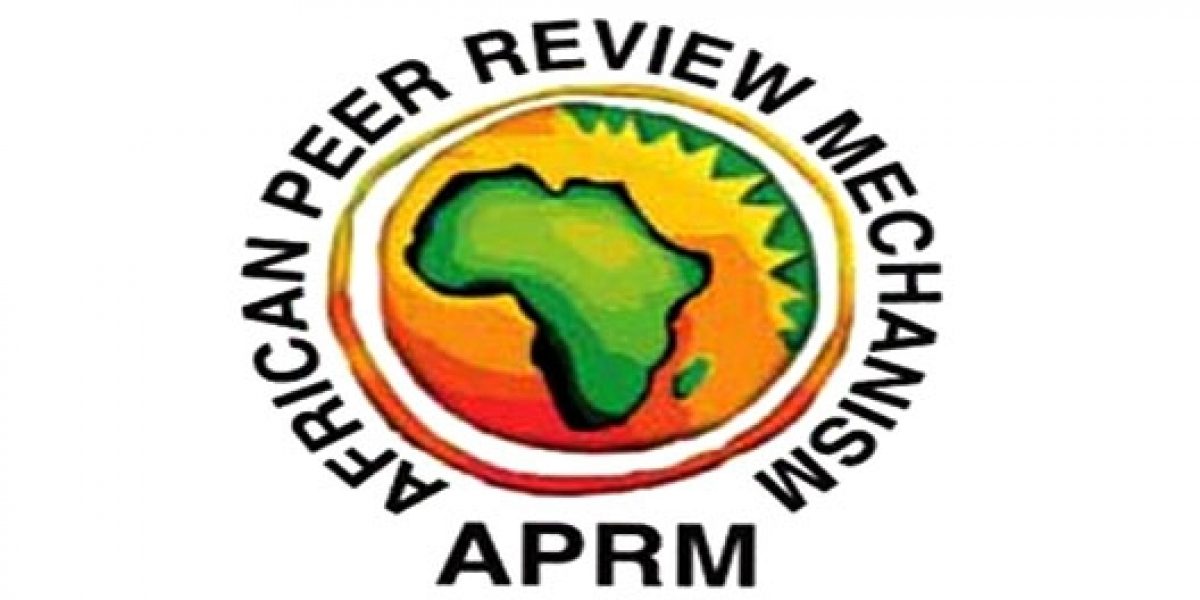Africa’s turn to electoral democracy over the past three decades has rightly been hailed as a significant achievement, but it has not rid the continent of restrictive and authoritarian governance impulses.
‘Freedom’ is a natural concern for the African Peer Review Mechanism (APRM), the continent’s innovative system of voluntary governance evaluation. Comprehensive in its scope and explicitly empowered to review participating countries’ political dynamics, it is uniquely placed to provide the data for such an examination. The Country Review Reports of 12 countries that have undergone the APRM process have been studied to glean insights into the state of constitutionalism and of three important civil liberties (freedom of speech, freedom of association and freedom of religion).
The records of African countries in relation to constitutionalism and the protection of civil liberties are varied. The three-tier categorisation developed by the US-based Freedom House – ranking countries as ‘free’, ‘partly free’ or ‘not free’ – is a valuable organisational tool and yields valuable insights.
Africa’s ‘free’ countries – represented in this study by Benin, Ghana, Mauritius and South Africa – tend to have constitutions whose guarantees are respected in fact. Citizens’ liberties are generally extensive and protected, and characterised by an independent media and vibrant civil society.
The ‘partly free’ countries – represented here by Mozambique, Nigeria, Tanzania and Zambia – generally have the legal and constitutional infrastructure of freedom in place, but show significant deficiencies in implementation or in the political culture. Court orders may not be observed, or party–state conflation may undermine formal guarantees.
The ‘not free’ countries – represented here by Algeria, Ethiopia, Rwanda and Uganda – have circumscribed constitutional and legal environments. Constitutionalism is underdeveloped and the ability to exercise freedoms is typically restricted. The media and civil society are controlled, particularly when it comes to engaging in political matters. In this respect, laws proscribing or restricting associations have proven a major hindrance to the growth of civic activism – this being perhaps best illustrated by the Ethiopian Charities and Societies Proclamation of 2009.
The analysis suggests that a number of common challenges to freedom exist across Africa. The first is executive dominance, which can undermine the separation of powers that is important for constitutional order. The second is ideology, since normative commitment to freedom is not necessarily universal. The third is securitisation, where concerns for the state’s stability are used to justify the abridgement of citizens’ freedoms. The fourth is general administrative dysfunction, where state weaknesses make it essentially impossible to maintain the conditions necessary for lawful, civic freedom.
The report concludes by suggesting that the APRM can make a significant contribution to the future of freedom on the continent. Its services as a diagnostic instrument are exceptional, although certain improvements could be made. For example, it could link with the African Commission on Human and Peoples’ Rights or the various UN rapporteurs. Most importantly, the expansion of freedom in Africa will hinge largely on the political will of its advocates: the difficult conditions that exist in some parts of the continent make their activism a challenging task, but a critical one for its future.








